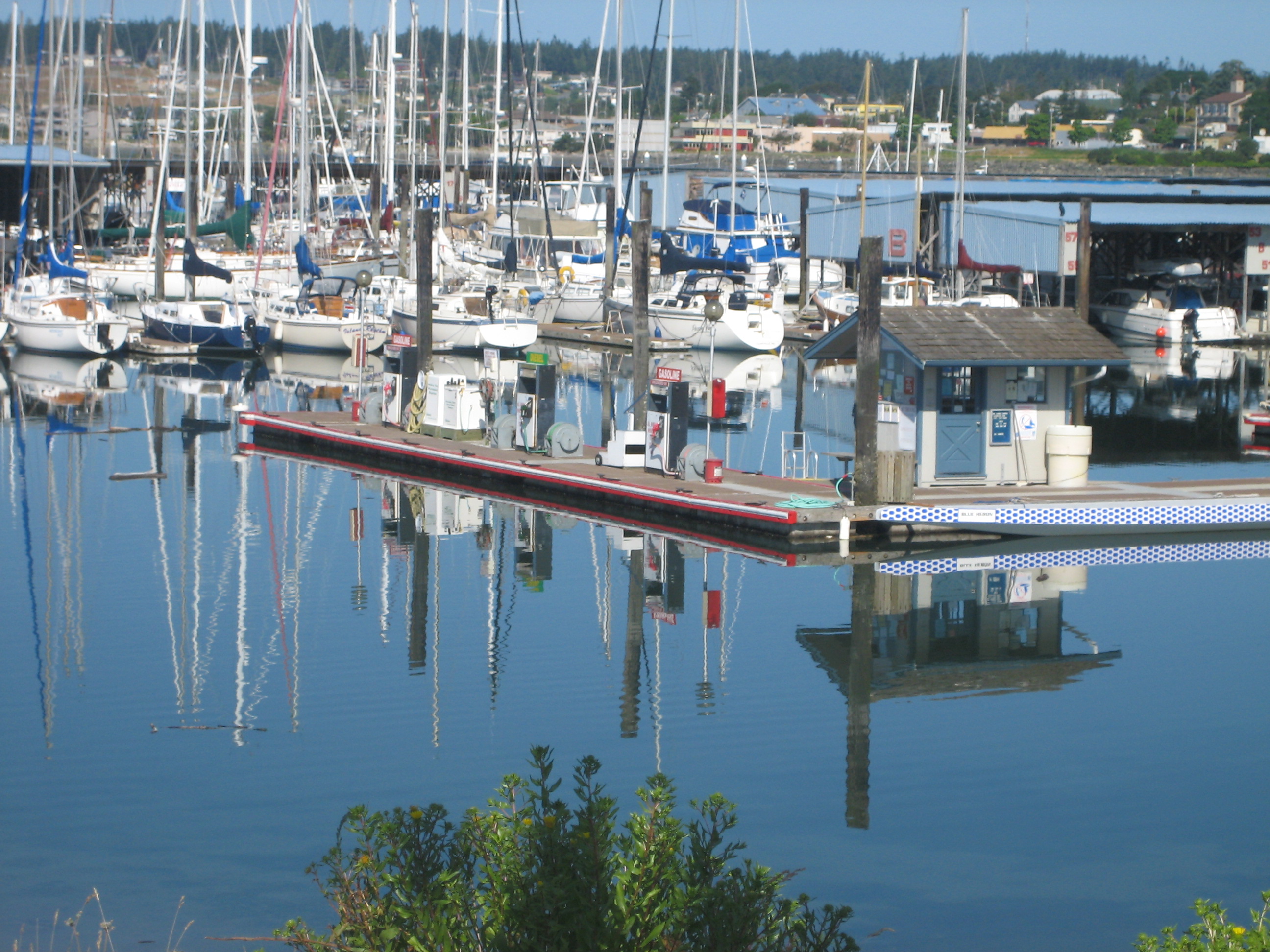Marinas and Class 4 facilities
This page contains oil spill prevention resources for Class 4 marinas. Class 4 marinas are small fueling facilities that transfer oil to non-recreational vessels with a total oil capacity of less than 10,500 gallons. We inspect Class 4 facilities annually. These inspections are arranged beforehand by our inspectors, and take about two hours to conduct.
The information here includes best practices to reduce oil spill risk and Washington state inspection checklists and regulation.

Checklists, standards, and compliance tools
Compliance tools
| Resource | What it is |
|---|---|
| Class 4 oil transfer reporting form | Class 4 semi-annual oil transfer reporting form. |
| Training, Equip, and Spill Report Templates | Templates for spill reports, response equipment tracking, and training records. |
| Hydrostatic Testing Focus Sheet | Summary of Ecology’s hydrostatic testing requirements and tips for spill prevention during these tests. |
| Class 4 Annual Testing Focus Sheet | Summary of Ecology’s annual oil transfer equipment testing requirements for Class 4s. |
Checklists and standards
| Resource | What it is |
|---|---|
| Class 4 Inspection Checklist | Checklist used for annual Class 4 Marina inspections to verify compliance with WAC 173-180. |
| Facility Oil Standards rule | Chapter 173-180 WAC which contains the requirements for oil-handling facilities, including Class 4 marinas. |
Spill prevention resources for Class 4 marinas
Helpful posters and signage
| Resource | What it is |
|---|---|
| Do NOT use Soap sign | Sign to remind boaters that it is illegal to use soaps to disperse oil. |
| Dock Spill Kit Instructions sign | Sign to remind everyone on steps to take in the event of an oil spill. |
| Report all Spills | One page summary of how to report a spill. |
| Education & Outreach Tools | Oil Spill Task Force | Website hosted by Oil Spills Task Force with outreach material (fuel tags, stickers, rack cards, and metal signs). |
Prevention best practices
| Resource | What it is |
|---|---|
| Marinas with a Fueling Station Pamphlet | Pamphlet with best practices for spill response written specifically for Class 4 marinas. |
| Pollution Prevention for Washington State Marinas | Booklet published by Washington Sea Grant with best management practices for marinas. |
Related links
Contact information
Jason Reichert
Oil Transfer Inspector Lead
jason.reichert@ecy.wa.gov
360-584-2799

